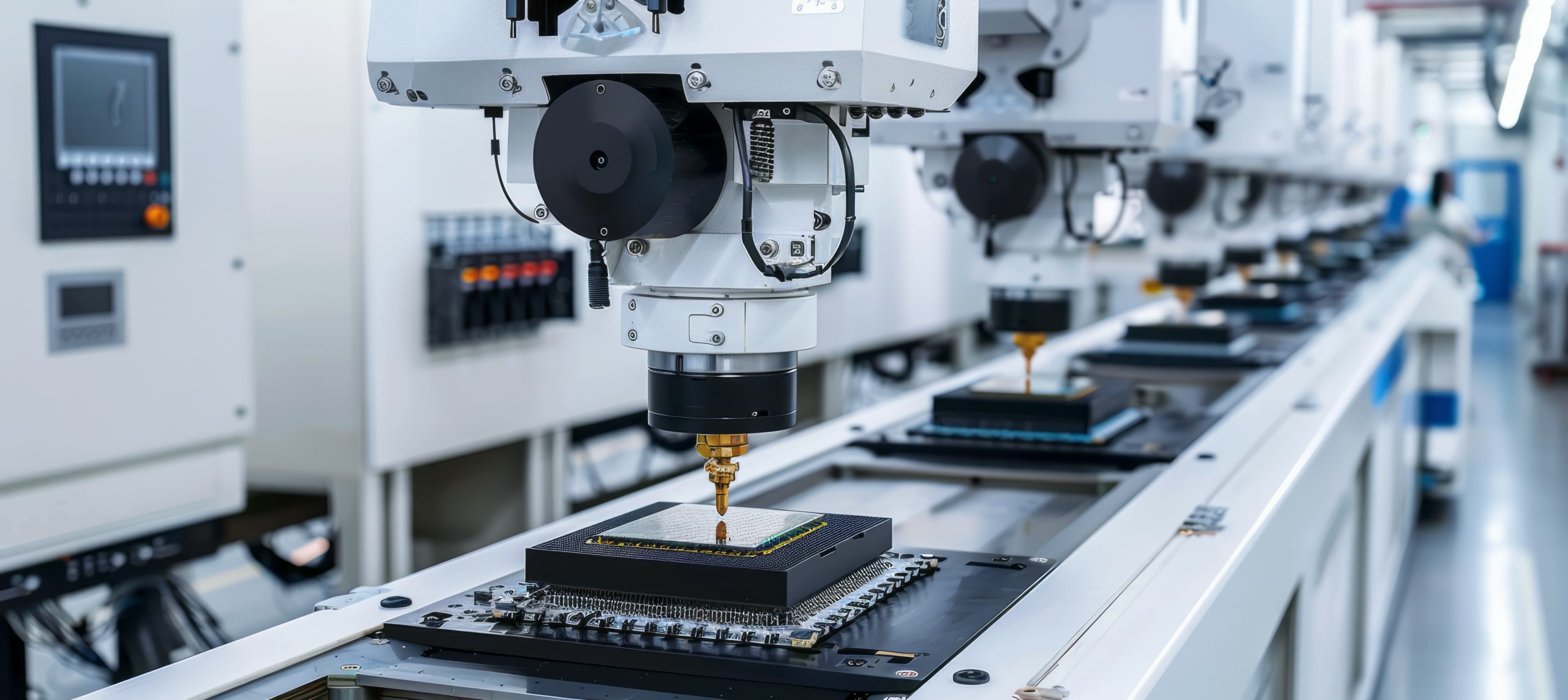
Apple invests $500M to cut China from its rare earth supply
Apple’s $500 million investment in US-based rare earth production is among its most decisive efforts to reduce reliance on Chinese suppliers. The company has partnered with MP Materials to supply recycled neodymium magnets from a new facility in Fort Worth, Texas, with the goal of building a cleaner and more resilient supply chain.
The agreement will enable MP Materials to begin delivering domestically produced magnets in 2027. These components are essential to Apple devices, powering haptic feedback engines, speakers, and camera systems. China currently produces nearly 90 percent of global magnet supply. Apple’s decision signals a shift toward supply chain diversification and supports broader US industrial goals.
MP Materials will use recycled feedstock from its Mountain Pass site in California. The Fort Worth facility will operate as a vertically integrated plant, handling refining through to finished magnet output. This structure supports Apple’s environmental goals while reinforcing US access to strategic resources.
Apple and MP Materials have collaborated on recycling for several years. The Fort Worth deal expands that partnership with commercial scale and long-term implications. Once operational, the plant is expected to support magnet production for hundreds of millions of Apple devices each year.
The Fort Worth facility and the future of US magnet manufacturing
The Fort Worth facility is central to Apple’s efforts to reduce offshore dependency. As the first fully integrated rare earth magnet plant in the United States, it will produce neodymium-iron-boron magnets entirely from recycled materials.
Production is scheduled to begin in 2027. Apple has committed to purchasing a significant share of output to meet its own demand. The agreement strengthens the financial basis for domestic rare earth manufacturing and may provide a path for future partnerships with other companies in electric vehicles and electronics.
MP Materials, which operates the Mountain Pass rare earth mine and processing facility, will supply the feedstock. The Fort Worth plant will handle magnet production, creating a closed-loop supply chain based entirely in the United States. The facility is expected to create new jobs and demonstrate how recycling can be scaled in rare earth processing.
Aligning with national priorities
The Apple–MP Materials deal comes as the US government expands its involvement in rare earth development. The Department of Defense committed $400 million to MP Materials, aiming to establish a secure domestic supply for military and industrial applications.
That funding includes a decade-long purchase agreement and price floor. It complements Apple’s private investment and highlights growing public-private coordination around supply chain security.
Rare earth magnets are used in missile systems, aircraft sensors, and radar technologies. The Fort Worth facility will serve both consumer and defense needs, reducing the risk of disruption tied to overseas producers.
Apple’s market-driven approach and the Pentagon’s security-driven strategy intersect in this project. While their objectives differ, the result is a shared foundation for domestic capacity in an industry long dominated by China.
Risks, opportunities, and unanswered questions in rare earth reshoring
Apple’s investment presents opportunities to secure components and improve environmental performance. The use of recycled material supports its broader emissions and sustainability goals, setting a benchmark among technology companies.
Yet the plan comes with operational challenges. MP Materials has not yet demonstrated commercial-scale magnet production. While the company has experience refining rare earth oxides, it must now show it can deliver magnets at volume with consistent quality.
Market concerns have also surfaced about the government’s guaranteed pricing. Analysts warn that long-term subsidies could distort competition, replicating problems once associated with China’s dominance in the sector.
Despite these concerns, investor confidence appears strong. MP Materials stock rose more than 25 percent after the deal was announced. Analysts project earnings growth through 2028, supported by Apple’s contract and the government’s involvement.
Apple’s decision extends beyond its supply needs. It signals to global markets that reshoring key inputs is feasible when industrial, commercial, and environmental goals align.